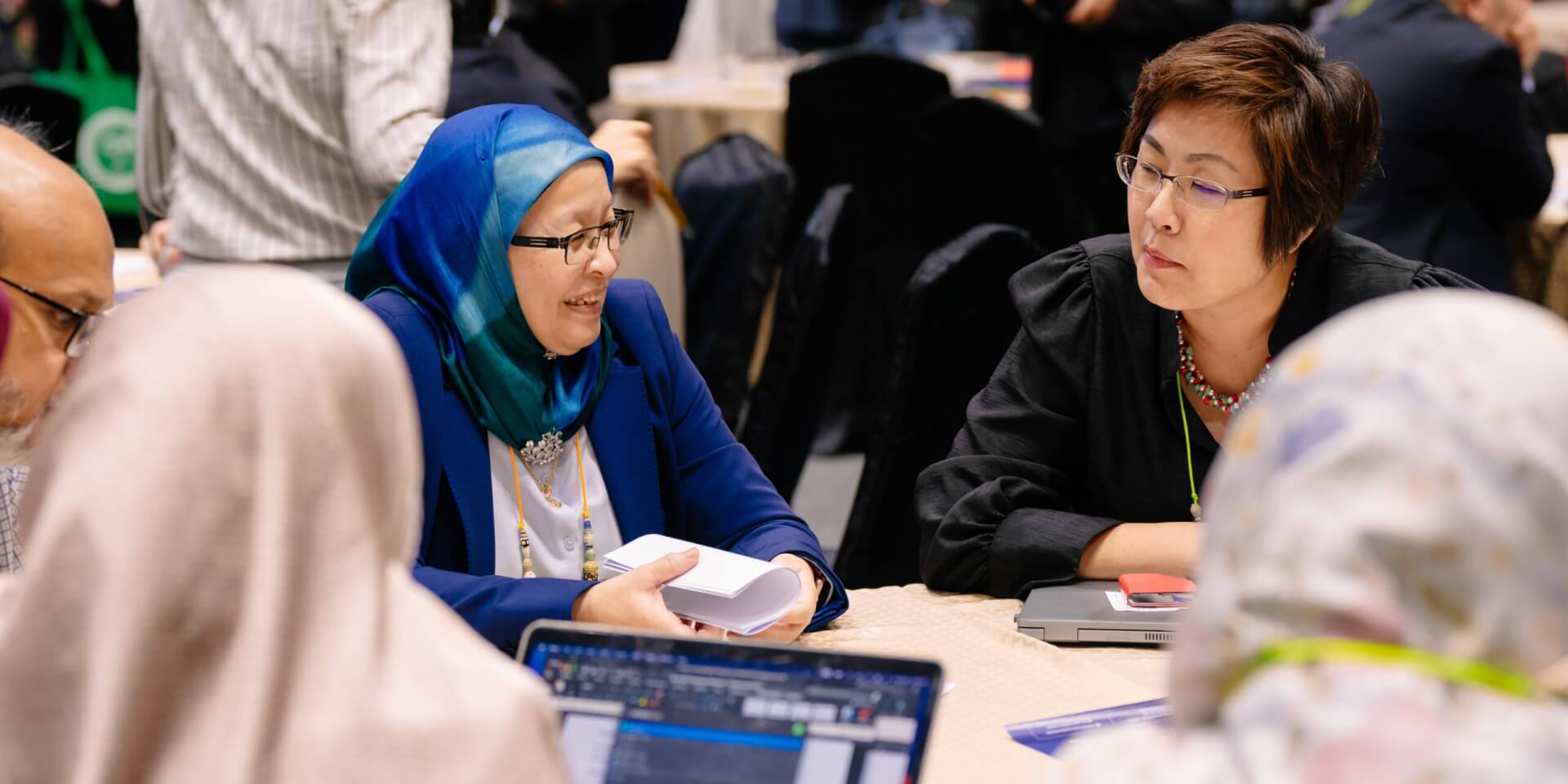
The Asia-Pacific region is critically important to global science – it is the most populous world region and has some of the highest science output and investment in science worldwide. However, in this region, as well as globally, there has been a global decline in scientific freedom and academic freedom according to (population-weighted) scores published by the Academic Freedom Index (AFi).
In Asia and the Pacific this trend can be attributed, in part, to geopolitical conflict, political instability, and interference in research agendas by governments. The Free to Think report series by Scholars at Risk (SAR) has documented numerous instances of such events endangering higher education communities, disrupting research, restricting academic freedoms, and limiting institutional autonomy across the region in recent years.
The region’s science and research communities are under threat in both authoritarian states and in democracies. New threats include increased opportunities for the surveillance of research, teaching and discourse by governments and university authorities, and the increased targeting of individual scientists by politically or ideologically motivated members of the public via the use of social media. Exacerbating these external threats, are internal threats to the integrity of science through rising scientific fraud and misconduct both within the region and globally.
The ISC’s Principle of Freedom and Responsibility in Science (FRS Principles) lists the specific freedoms and responsibilities which must be upheld for science to flourish as a global public good. Freedoms and responsibilities are normative concepts requiring periodic revision as societies evolve. On the margins of the ISC Global Knowledge Dialogue for Asia and the Pacific region in Kuala Lumpur, the Committee for Freedom and Responsibility in Science (CFRS) hosted a dedicated session to explore region-specific trends, challenges, successes and opportunities for progress on aspects of freedom and responsibility in the Asia-Pacific region.
The session was moderated by Paul Atkins (CEO of the Royal Society Te Apãrangi of New Zealand) and included remarks by Vivi Stavrou (CFRS Executive Secretary), Khoo Ying Hooi (Universiti Malaya), Sujatha Raman (Australian National University), Vineeta Yadav (Pennsylvania State University), Krushil Watene (Auckland University) and Rajib Timalsina (International Peace Research Association).
The FRS principle lays out the freedoms that scientists should enjoy, and the responsibilities they carry while engaging in scientific practice. This important principle exists at the intersection of science and human rights, as the fundamental freedoms of scientists are grounded in internationally recognized human rights statements, treaties, and instruments. Khoo Ying Hooi noted that academic freedom tends to be seen as taboo in some parts of the Southeast Asia region as it tends to be directly associated with human rights discourse. Consequently, there is a discomfort when talking about scientific and academic freedom in the region, which in turn has implications for the way science is practiced, communicated, and trusted.
Partly for this reason, levels of public trust in science are generally lower in Asia compared to Europe and North America, as measured by the Wellcome Global Monitor. As Sujatha Raman explained in her remarks, differences in the way people respond to questions of trust in science depend on what science means to them in different parts of the world. In some Asian contexts, responses may be shaped by views about other institutions, for instance, their views about the government or media coverage. It is however important to note that people in this region do not necessarily see science as in conflict with other beliefs. Thus, low reported trust values do not necessarily relate directly to ‘resistance’ towards science per se.
A key reported issue to improve the situation is related to the public perception of scientists as ‘elites’ and distant from the people, and the need for and importance of humanising science. “Part of the problem here is the way in which science is represented sometimes by media organizations and others, where the assumption is that individual scientific papers have the final answer on issues that are of larger public importance”, said Raman in this context. In these cases, science communication cannot be only about getting the ‘facts out’. It is about engaging with the public and contributing to public knowledge, which is fundamental to the FRS Principles.
Corruption and populism are further concerns with implications for scientific freedom. In the South Asia region, political corruption compromises entire national research infrastructures. Perhaps most concerningly, corruption leads to the suppression of academics who question political motives and priorities, particularly social scientists, whose research is most likely to conflict directly with political agendas, and who may be targeted by the government and its supporters as a result. Vineeta Yadav emphasized how corruption limits the capacity of scientific institutions to act as disseminators of knowledge, contributing to decreasing public trust in science. Corruption also impacts the funding of resources allocated to scientists.
The session also discussed issues scientists face when returning to their country of origin after having the opportunity to study and work abroad. Many scientists, particularly those returning to Global South countries, have experienced cultural and bureaucratic hurdles that have limited their opportunities in their country of origin compared to what they experienced in the Global North. There is thus little motivation for these scientists to move back to their country to do advanced-level research, further exacerbating Global North vs South disparities.
Learn more about the FRS principle and recommendations to guide the free and responsible practice of science in the ISC report A contemporary perspective on the free and responsible practice of science in the 21st century.
A contemporary perspective on the free and responsible practice of science in the 21st century
Future Earth, Sustainability in the Digital Age and the International Science Council present the findings of the second iteration of the Global Risks Scientists’ Perceptions survey.